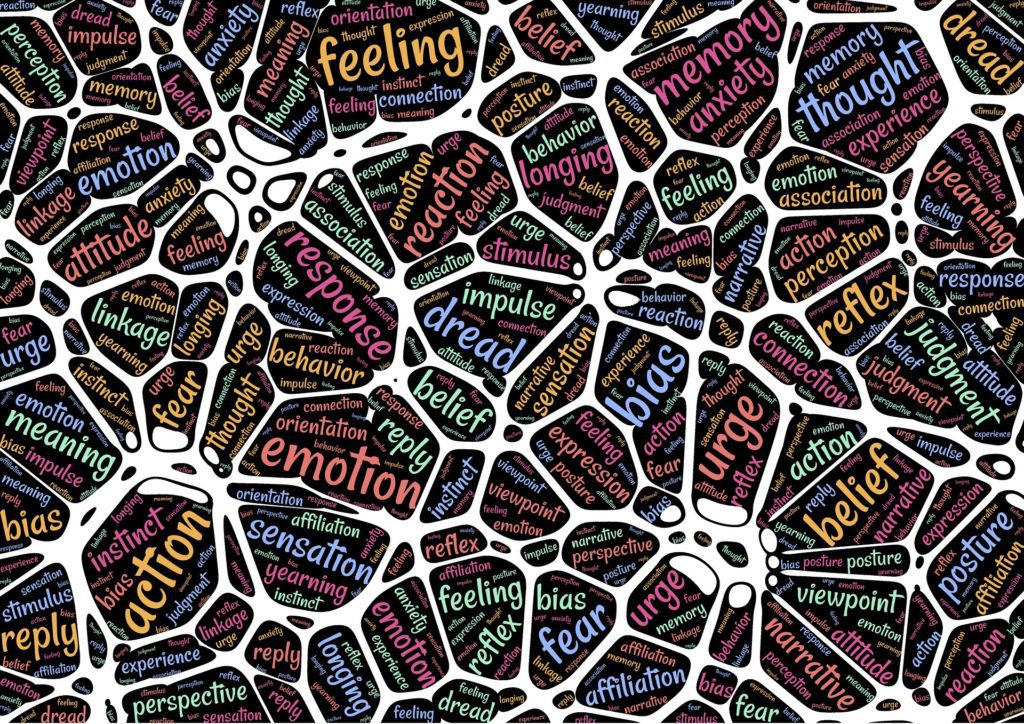The body is a complex machine. The secret of keeping healthy is to ensure that every part of the machine functions as it should. However, as with most engines, you need a fuel system to provide the necessary energy.
In your standard car, it’s the combination of petrol and electricity – indeed, you need to have a battery in working condition to start the vehicle, regardless of how much fuel there is in the tank.
When it comes to your body, it’s also the complex interactions with your mouth that are responsible for delivering energy. But your mouth doesn’t only play the role of a consumer. It’s an active actor of your health, both mental and physical in many ways.
In other words, your mouth is at the heart of your health, and it’s only by understanding its importance than you can maintain your emotional, mental and physical health in the long term.
The stress coping habits that turn into addictions

What do you do when you’re stressed out? Some people bite their nails. At first, it’s an irregular occurrence, like a coping mechanism when your mouth doesn’t know how to respond to an event. But it can turn into a habit, which can lead to skin infections and inflammation in your fingers.
Others choose to smoke. One cigarette can help to de-stress at the end of a long day. Except that when it becomes your go-to reflex for everything, you can develop a nicotine addiction that puts your health at risk. Admittedly, quitting cold turkey is hard, so you might want to gradually reduce your nicotine needs through alternatives from a vape shop. For many, the gesture remains even after the nicotine addiction has disappeared. Try to replace it with something else to avoid cravings.
Understand what eating is about

Eating is a pleasure. It doesn’t take long to realise that without the delicious meals that punctuate our days, humanity would be lost. There are as many cookbooks than there are cultures in the world. You eat food as a way to express your personality. But food, at its core, is not a form of art – even though some pastry shops sell such beautiful cakes that you’d want to frame them instead of eating them. It’s your source of energy.
Consequently, you need to eat for nourishment before considering your culinary pleasure. Of course, sugar and fat make everything taste better. But they lack the essential minerals and vitamins your body needs. A diet of junk food is satisfying on the tongue, but it can affect your bodily functions.
Helping your brain to think better

Just as food nourishes your body, it also affects your brain. For instance, it’s well-known that you can boost your productivity through caffeine. What really happens when you drink coffee — or black tea, which is high in caffeine too? Caffeine, in moderate quantities, stimulates the central nervous system, which is, ultimately, what keeps you alert. Coffee also contains CGAs, antioxidants that can protect you against mental decline in old age. As a cup of coffee boosts your brain function, it actively combats drowsiness and keeps you focused. The more you drink, the more you can achieve. However, be careful not to consume too much coffee as it can interfere with your sleeping patterns.
Is there such a thing as brain food?

Aside from some caffeine to help you stay more alert, your brain also gain from the consumption of specific types of food. For instance, black beans are healthy magnesium bombs that protect keep constant blood flow in your body and brain. A soft-boiled egg in the morning, with a deliciously runny yolk, can get you up to 33% of your vitamin D intake, which helps to sustain your cognitive abilities. Finally, omega-3 fatty acids found in salmon are linked to memory functions. However, be careful to avoid food that can put your brain functions at risk, such as commercial citrus-flavoured sodas which, when consumed in high quantities, can cause memory loss.
Fight depression with your mouth

Now to mental health: Did you know your mouth could help you to recover from depression? While it sounds odd, the act of smiling can actively lower your stress levels and boost your mood. In fact, smiling can help you to break the vicious circle of depression. Indeed, the more you smile, the more your brain registers the sign of happiness and encourages the production of hormones: dopamine and serotonin. You can smile yourself happy, instead of waiting for something to lift your mood.
Addiction, depression, memory loss, and dysfunctional body. Your mouth, when not used to your benefit, could lead to a variety of serious health issues. It pays to give your mouth only the best!
Images Pixabay





 Em Português
Em Português En Español
En Español